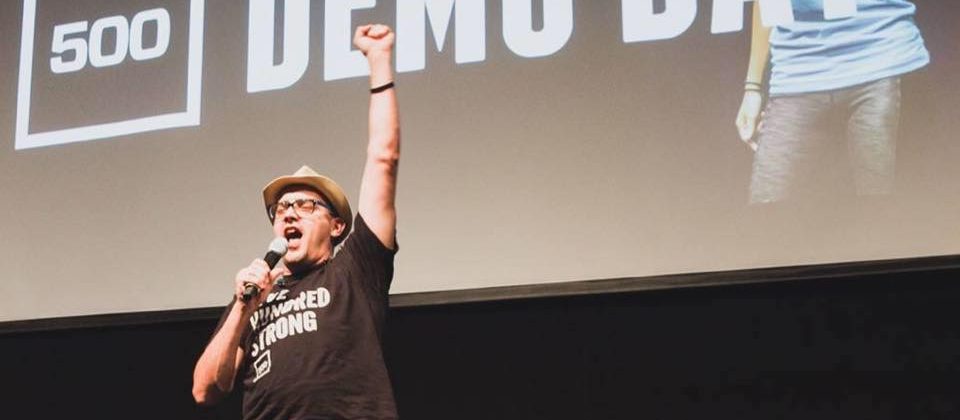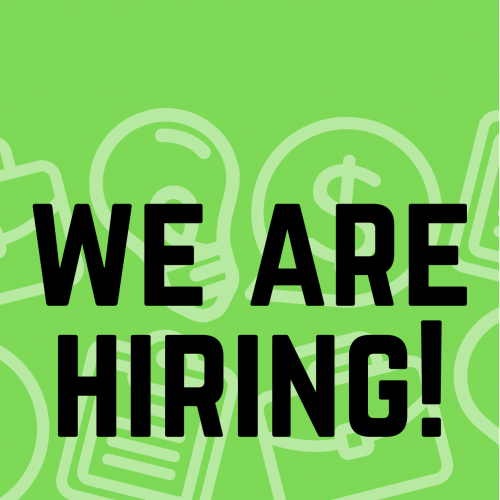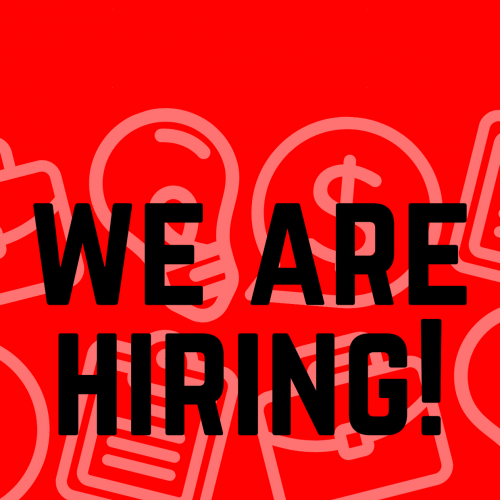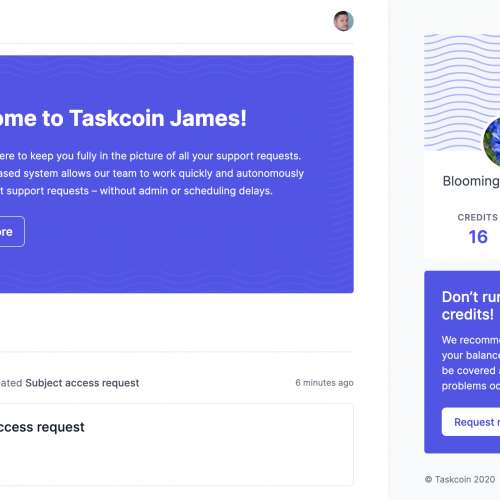
Founder of the 500 Startups accelerator and the ex Director of Marketing at PayPal, Dave McClure, has been in Silicon Valley for over 25 years. He watched as the Dot Com Bubble grew and burst, and continued a successful career through the financial crisis of 2008. With this in mind, I caught up with Dave to see what he thinks about the much speculated upon current tech bubble…
“I think there’s some real factors going on in the market that are related to people being generous with valuations for late stage companies and then changing that perspective” says Dave. But while there’s clearly change afoot, he doesn’t think it’s in any way comparable to 2000-01 or even the financial crisis of 2009-09, although he does point out “there are some similarities there with maybe a little bit of fear and loathing in the market, and the pullback of some amount of capital.”
“Even in 2008-9 the market shut down for a good 6-12 months” says Dave, “and the market is not shutting down now by any means. There was a slight drop in capital deployment in Q4 – Q1, but it depends on what part of the market you’re measuring, sometimes it’s just changes in valuation.”
Unicorns and generous valuations
While Dave does think that a lot of series B, C, and D companies were being valued “very, very generously”, he also says that many unicorn and potential unicorn term sheets “were being handed out that were maybe generous on valuation but somewhat draconian on terms” and that “a lot of people didn’t really look at those closely.”
Dave believes that a lot of people are now “jumping into the market who are greedy for private market, late stage companies” after seeing the success of companies like Facebook, Twitter, LinkedIn and Uber (all of whom were being valued at $10 billion+ before going public), wanting a piece of the action.
Speaking of the 2008-09 crisis, Dave says “you had this bunch of private equity and even mutual funds and international investors coming into the market and competing for deals. As a result of competing for deals they were being generous on the multiples and on the valuations and a lot of people got easy money.”
The backlash we’re seeing now is due to people waking up over the last 3-6 months says Dave, and realising they were being too generous. “You saw things like LinkedIn’s performance crash 40% in one day, maybe there was some changes in SaaS company multiples that were being looked at more closely. In any case, for a certain portion of the market, multiples and valuations probably came down between 30-50%.”
The downside of generosity
Dave says previous generous valuations are now having a big impact on companies, especially those with high burn rates that may be difficult to bring down. These companies, says Dave, may have had a generous valuation in their last round, but are now struggling to raise capital at the same valuation they’ve had before.
“Then there’s the question of whether the market’s going to deal with the down round term sheet” he says. “Are they going to give them a flat round term sheet? Can the company grow into the valuation that it got a year ago or 2 years ago? Will that happen soon enough that they can get that done before they run out of cash?”
There’s definitely a change in the market dynamics says Dave, but “it’s not because the companies are shitty, it’s not because everybody is Theranos [a private company under investigation for fraud at the time of writing]. There’s still a lot of competition for deals, there’s still a lot of international money and private equity and late stage mutual fund investors that want to get into venture capital.”
This isn’t the end of the unicorn though. “We might still see some crazy deal terms but probably not as crazy as they have been” says Dave. “A lot more thoughtfulness may be coming now from entrepreneurs in the market who’ve experienced more these high valuation but funky term sheet kind of deals, and people may be a little bit more cautious about jumping into those just so that they can get a billion dollar valuation, whatever the terms.”
A problem of pricing
The real problem, according to Dave, is around pricing. “The investors in the market are trying to figure out what price they’re going to play for value, and the entrepreneurs in the market are trying to figure out what terms they’re going to give up for value. I think there is sometimes money that is too generous or terms that are too dear but I’m hopeful that those aren’t lessons that are going to be forgotten just because this generation hasn’t gone through them.”
While he’s certainly aware of the way the market is changing, Dave definitely isn’t too concerned about it…
“It’ll settle out eventually. In any case, there’s plenty of great companies being created. I think there’s a few of those companies that are worth the valuations that they’re getting in the market, but not all of them.”
So should we be scared? 500 Startups isn’t. “I don’t care whether people are scared or not” says Dave, “we’re going to keep investing. We’re coming in at a very value oriented part of the market, we’re in the early stage, accelerator, seed and maybe into series A a little bit. Companies don’t have huge burns yet, they’re still basically exploring a lot of ideas. Prices in the Valley may get a little bit high but we’ve set up certain services that we offer through our accelerator programs, we do deals internationally, we do deals outside of Silicon Valley and New York and LA. We try to pay attention to value, but we also try to notice when companies are doing cool shit and hopefully we make some money on that, we’ll see.”
If you’d like to discuss your startup or project, get in touch with Simpleweb today.



